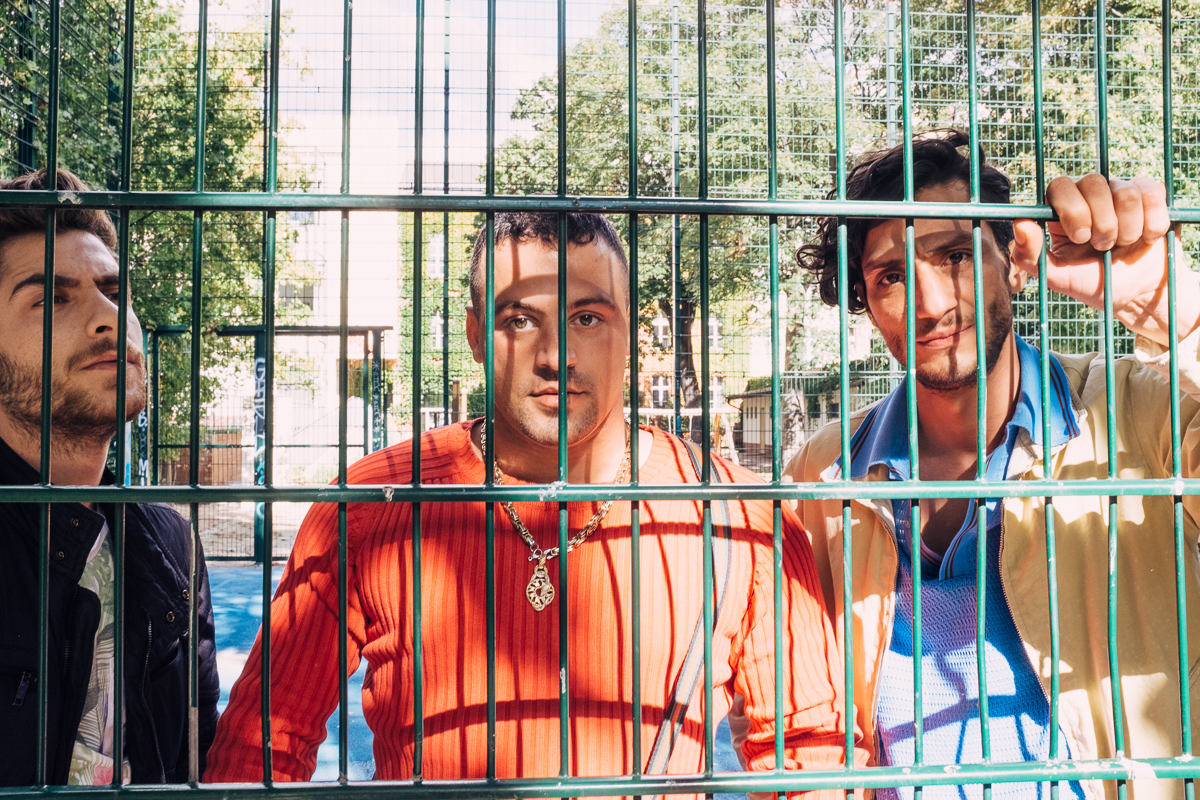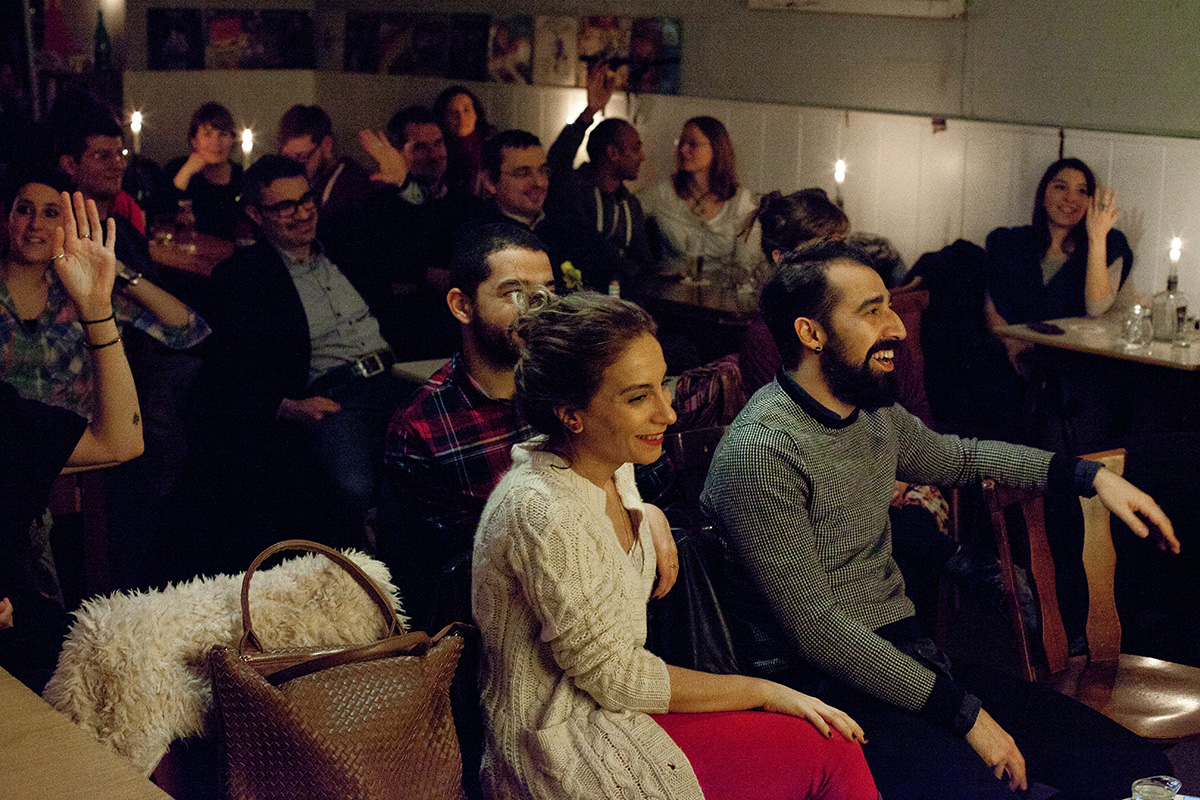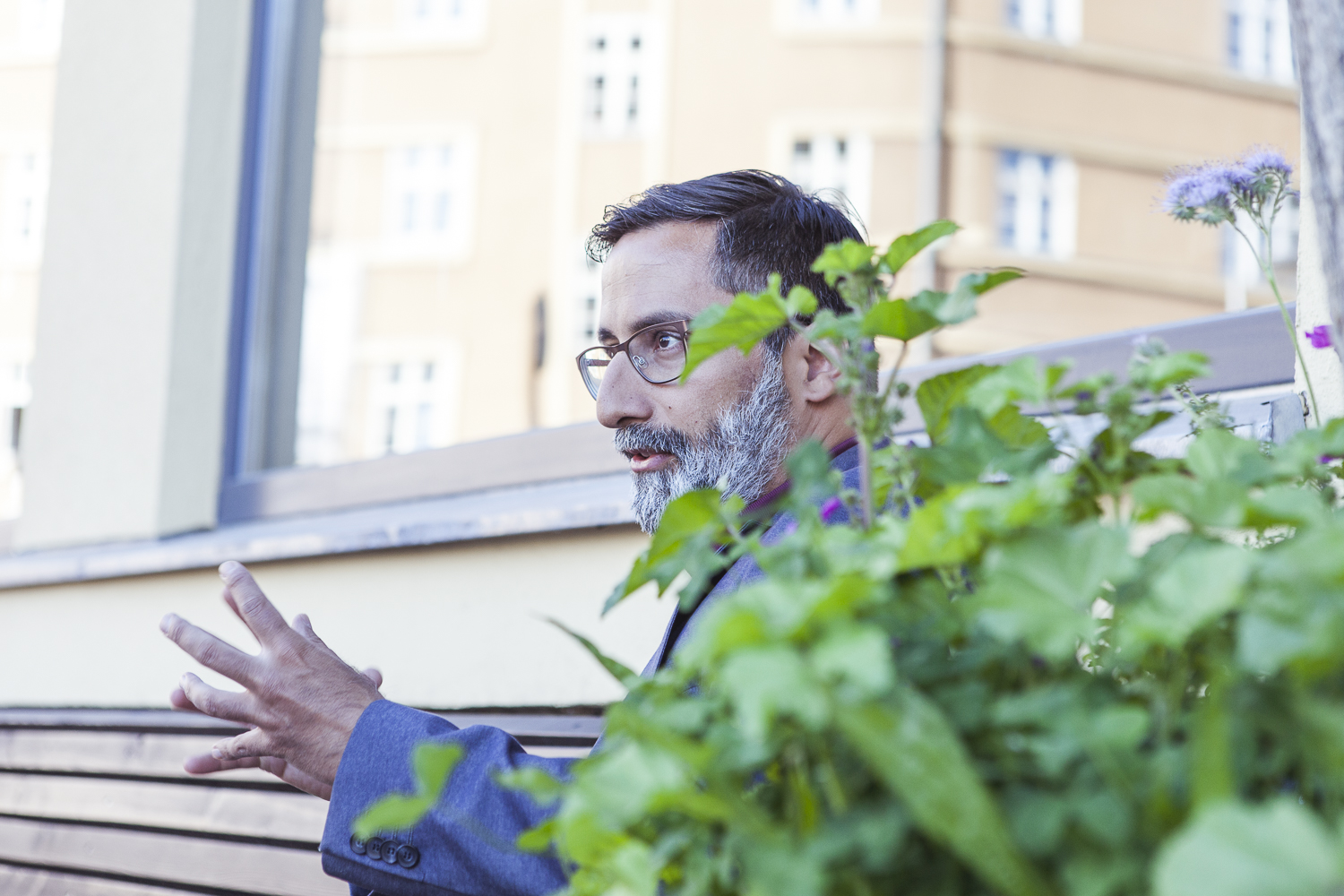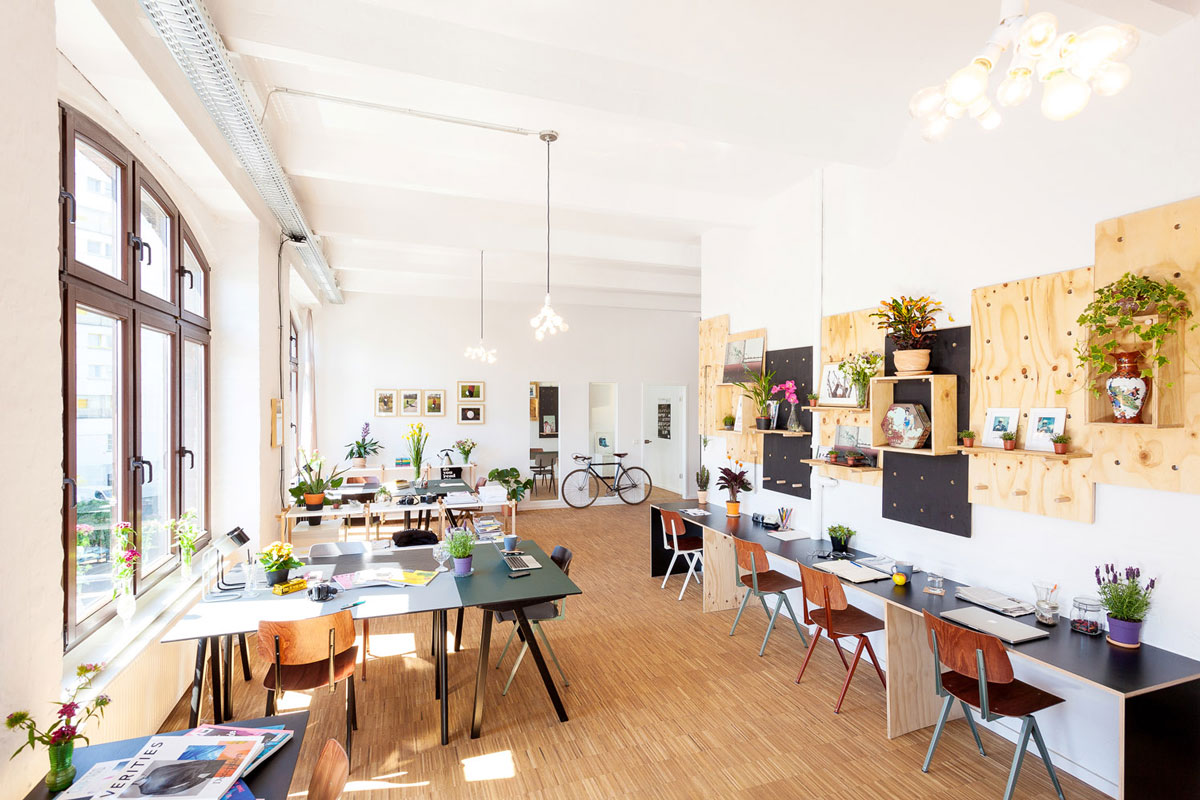Berlinale film Victoria kept everyone in suspense this summer with its real-time shooting. Burak Yiğit plays a main role in the film. As Blinker, he makes the Kreuzberger nights unsafe with the three other friendly-crazy guys. We went for a stroll with the actor in his neighbourhood. Over a beer under the sun, we spoke about the extraordinary shooting, his Kreuzberg and personal dreams.
Do you still feel at ease in your Kreuzberg neighbourhood?
I’m happy here, I don’t know any other home than Kreuzberg. You could say it’s my identity. I’m tired of the discussion about being German or Turkish. Fuck it, I’m a Kreuzberger. Of course, there’s gentrification, hipsterness, etc., but that’s the course of time. What can you do? Unlike Rio Reiser once did, I wouldn’t say that Kreuzberg’s soul has changed.
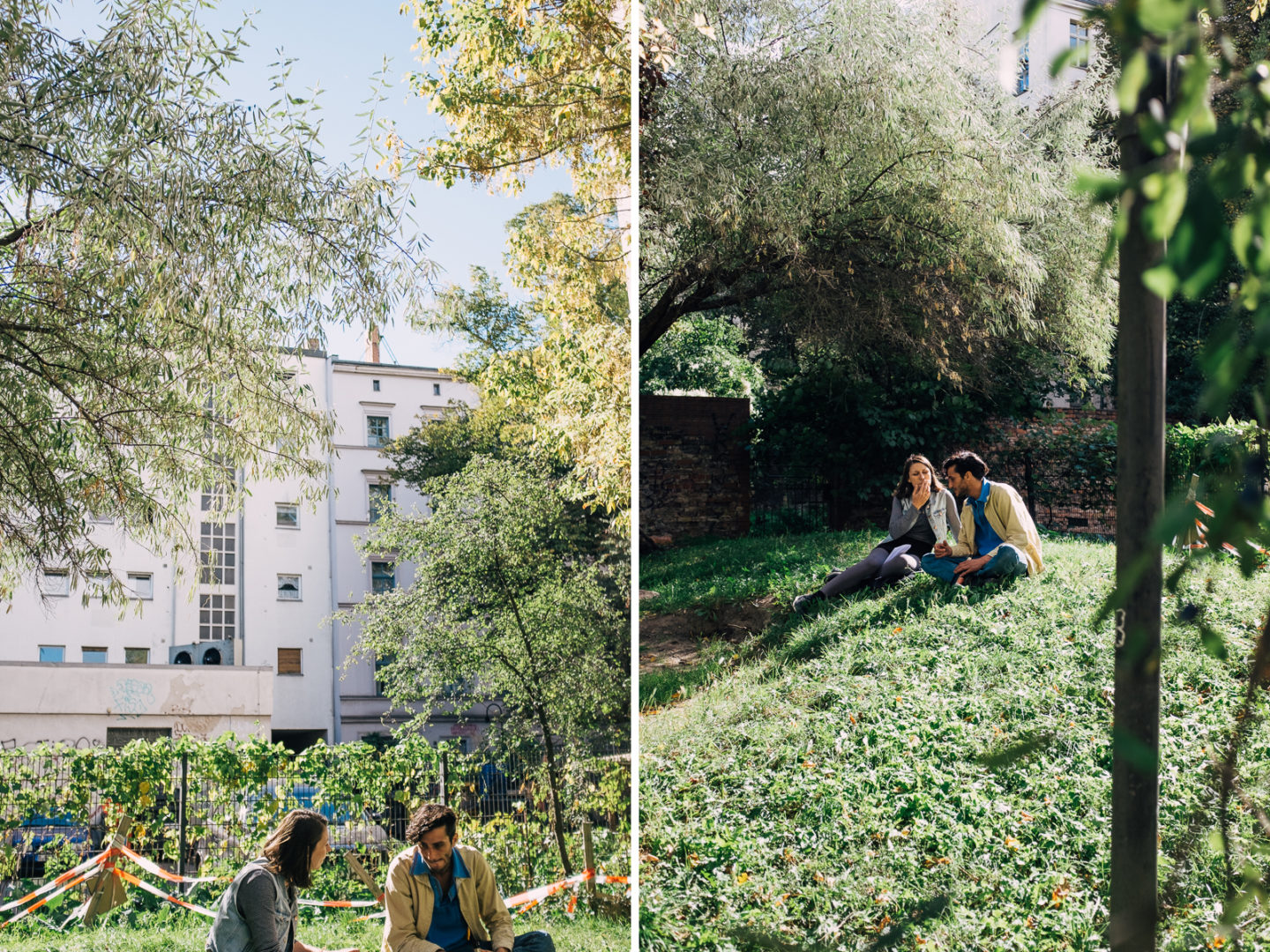
At the beginning of your acting career, did you ever imagine that you would be playing in films that are about life in Kreuzberg?
Definitely. That was even my plan. Making a film about the last 30 years in Kreuzberg is still a dream of mine. The development from the 70s until 2000. Then it would be clear: In the 80s, the Turks talked in a Berlin accent more than now.
Up until today, which role was the most challenging for you?
Victoria was definitely the most demanding thing that I’ve done so far. Actors usually have a certain vanity. I had to completely let go of that. We had to power through the entire time, constantly remaining in the same physical condition. You don’t have a focus, but you stay in the role. There are no breathers. For example, the part where Freddy (Frederik Lau) and Laia Costa sit in the café, we don’t stop acting. It was like: “Man, when is he going to call?! Brother, give me a little jab!” You can’t stop.
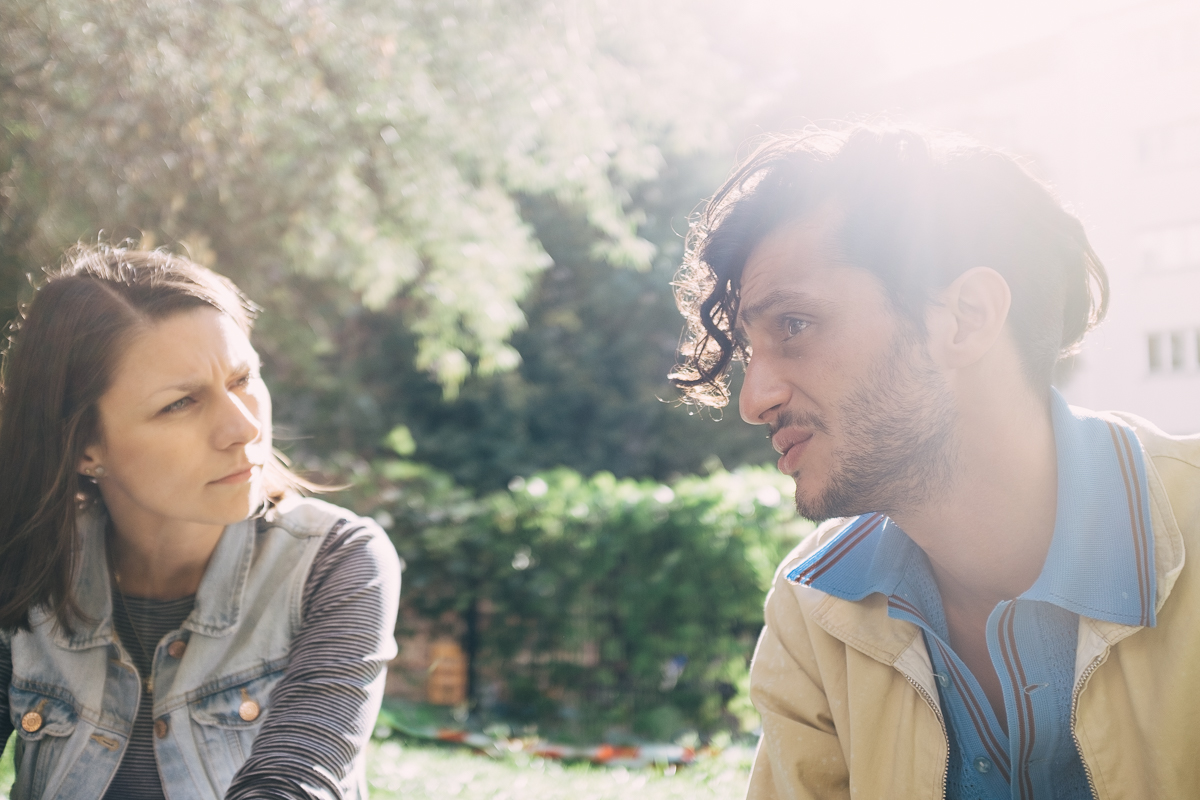
Victoria is an impressive film. The whole film team accomplished a lot, right?
Yes, I have to say that the cameraman is simply out of this world. If you ask me, he created poetry with his camera. He was the artist! How he captured it all, just amazing. He didn’t receive the prize at the Berlinale for nothing. He’s actually a nice, pleasant guy from Norway. What we did there, our whole communication, was a completely new world for him. And what two and a half hours of filming does to you physically, no one can imagine that. It was a marathon.
Do you also have that kind of male bonding in real life, where you would go through the streets at night and do anything for one another?
Of course. A feeling of belonging develops in me especially when I know the people since my childhood and share a history with them. Maybe not as quick-tempered like the motherfuckers in the film! I’ve also got a few Waldorf hippies I go partying with once and a while. (laughs) It’s difficult to create friendships in the acting scene. You need to separate your friends from your business, otherwise you’ll get lost in it all. But of course there some like brother Freddy (Frederik Lau) and Kida (Kida Khodr Ramadan), for example!
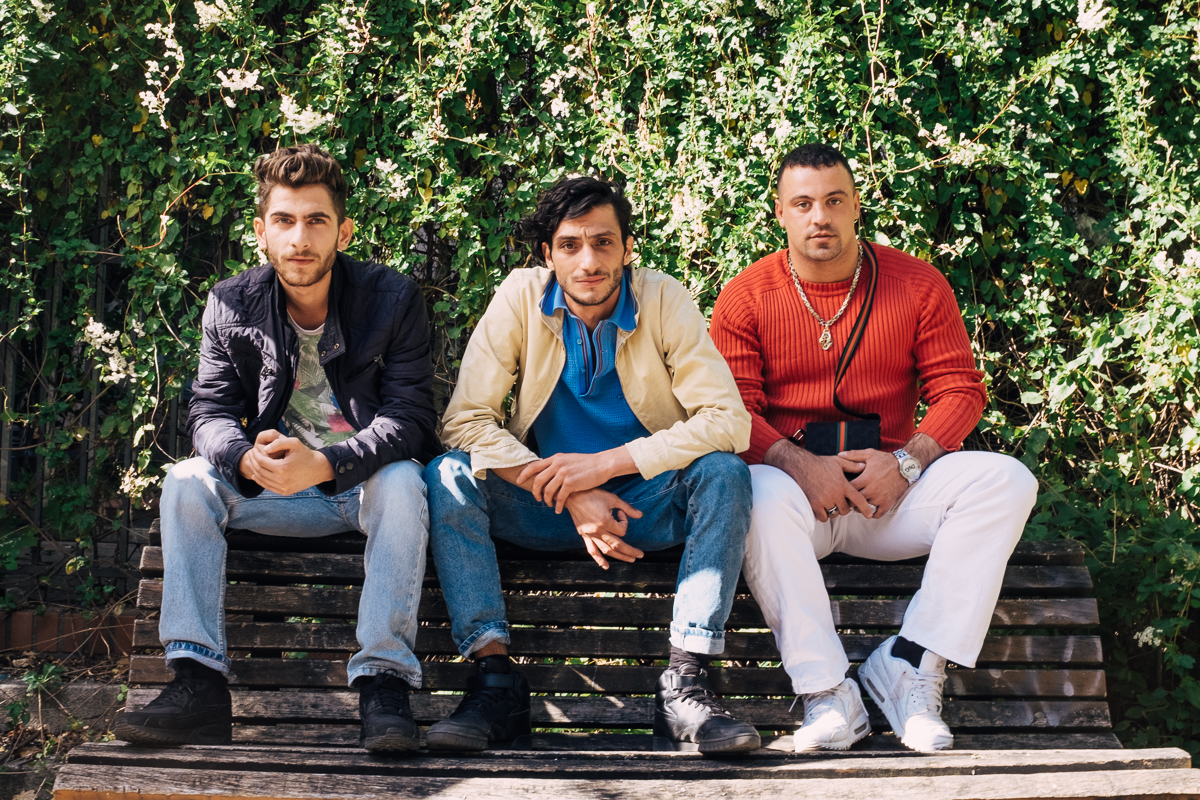
The only moment where the audience learns something about your Turkish background is when you say “kusura bakma” (engl. sorry – ed.) to the bouncer. Was that planned or improvised?
That was all improvised, in principle, the whole film is. There is no written dialogue. We chose the nicknames so that they didn’t suggest any national belonging. Simply “Real Berlin Guys.” Thank God that this nationality aspect was not important. It wasn’t teased at. If my name had been “Cem,” then something would have already been off. Then you’re already stereotyped into a certain box. That’s true for all of the actors in the guys’ group.
You have seen the film multiple times. Is it easy for you to see yourself on the big screen?
No. I actually just look at my mistakes. But by the tenth time, you can observe the others more precisely, too. That’s very refreshing.
Westerland from 2012, in which you played one of the main roles, deals with love and addiction between two young men. How did you get this role?
I landed that through my brother. Tamer is a director and friends with the author of the screenplay. The novel was originally titled Jesús and Muhammed. Before that, I had filmed Bis aufs Blut. I embodied a hardcore guy in that. People were afraid of me. After that, I wanted to show: “Hey people, this time I’ll play just a normal, assimilated Turk who follows the rules.” It was a balance. The best roles are those where I can go to my limit. My homeboys always say to me: “Buri, you have to play everything!” Thank God it’s no longer a problem to choose such roles for oneself.
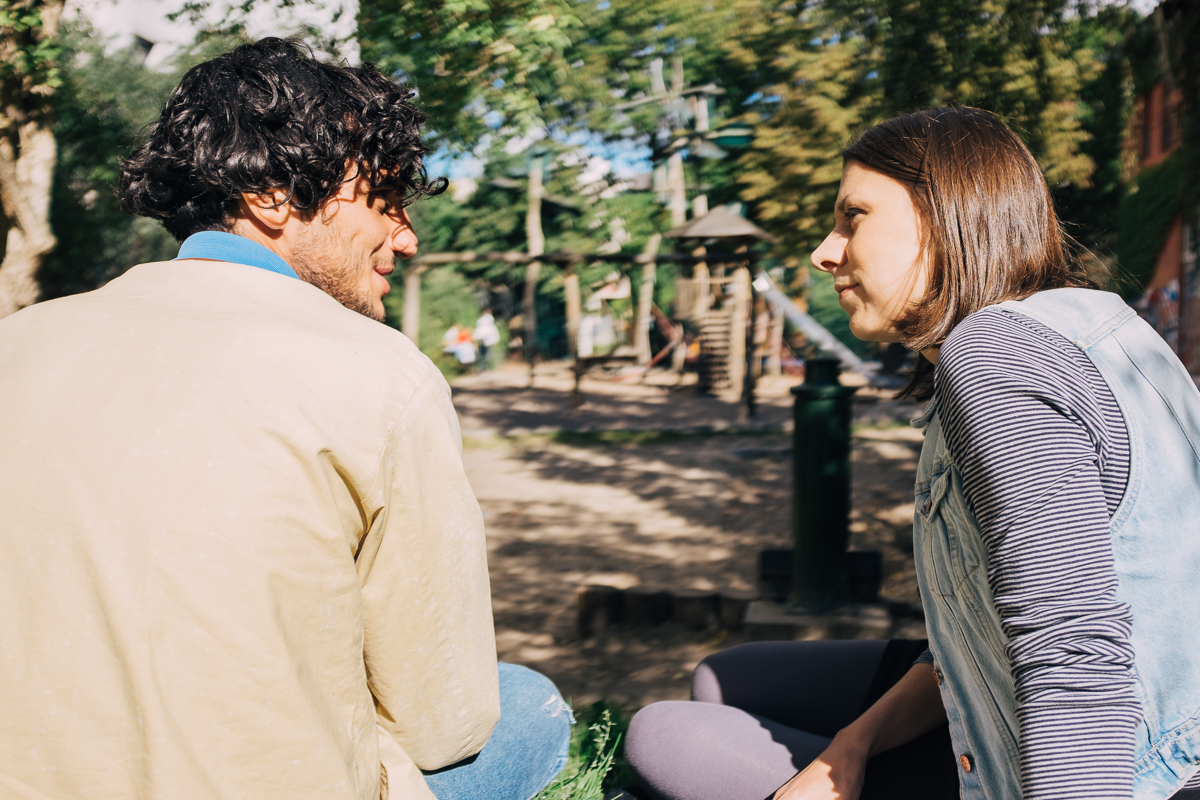
Do you see your future more in film or in theatre?
In film. Theatre is completely important, but I don’t have a large connection since before I’d mostly done hard theatre, like in HAU (A.d.R.: Hebbel am Ufer). Ok, a little bit of state theatre in Wiesbaden, but I’ve never sought out classical theatre. All in all, it’s a little too elitist for me. It should really be a mirror of society, but the concurrence amongst one another is so unbelievable. I’m a little more sensitive, I can’t do that. Whereas in film, I’m more protected.
Last year you played the figure of Seppel in the live audio drama Räuber Hotzenplotz. How did that come about?
Aside from Victoria, that is the most valuable thing I’ve done. The migrant plays Seppel in an essentially German play. For me, that was: I’ve arrived, I’ve made it. That was a great recognition. But I had to down to it, you can’t make mistakes there. Eight radio stations were live there and it was difficult to generate attention from hundreds of children. (Speaking in Seppel’s voice:) “So, does the Kaiser of Constantinople eat plum cake with whipped cream every day? Then I want to be the Kaiser of Constantinople!” I loved it! I also played a fascist Austrian in Karl Kraus’ theatre play Die letzten Tage der Menschheit (engl. The Last Days of Humanity – ed.). That’s what I call integration!
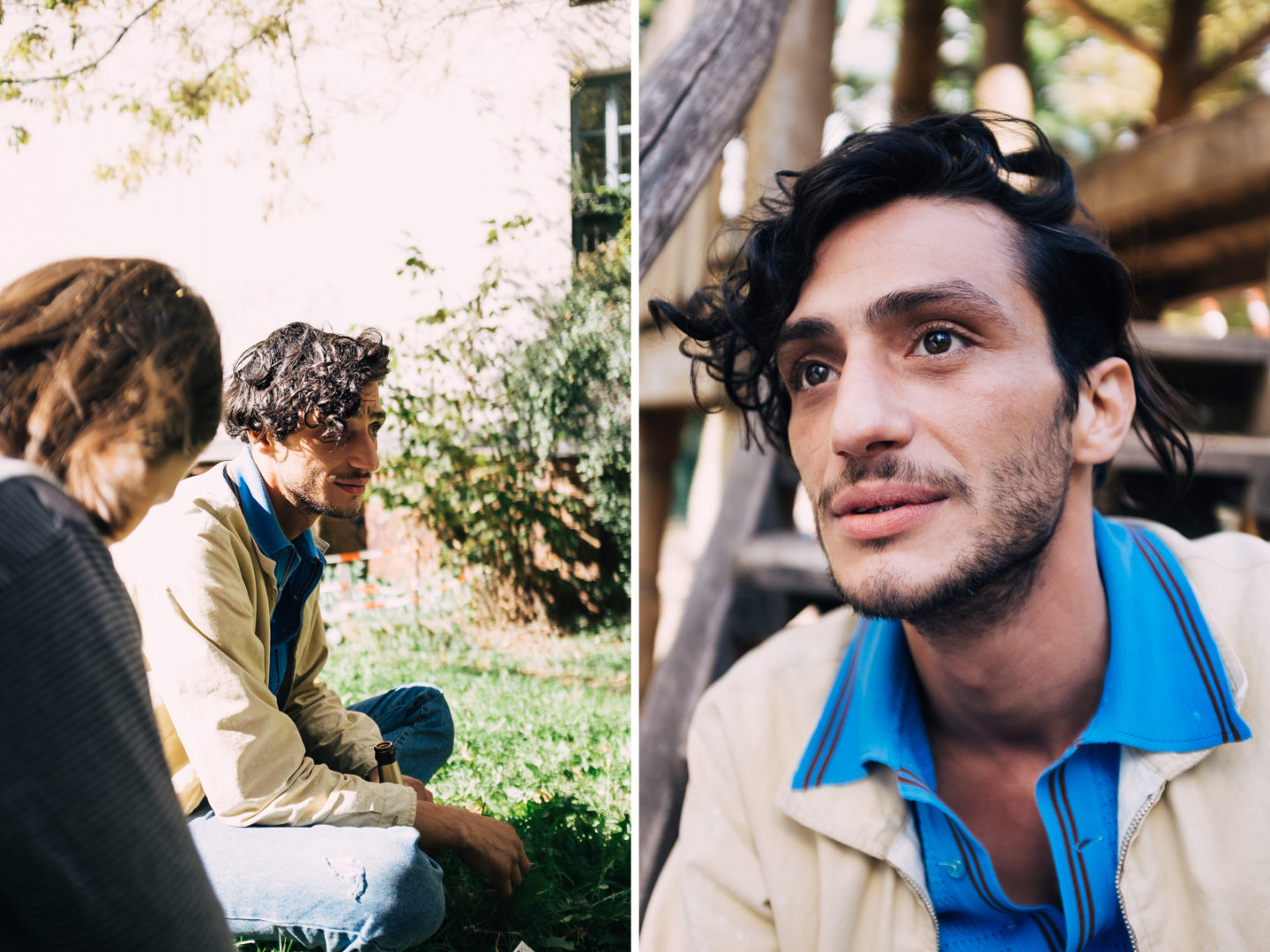
You first trained as a gardener. Are you still interested in that field?
My parents have an apple orchard and I’m often there. I’ve got a green thumb that never stops itching to get back to the garden. I think that someday I’ll become a shepherd and gardener with my own orchard and three sheep, that’s my dream. And the sheep will never be slaughtered and of course will all have a name.
What do you wish for the German film scene?
Courage! The stories should be more authentic and more honest. No one should be afraid of retired people’s viewing patterns. They get frightened anyway. More films need to be geared toward a young audience. Otherwise, they change the channel immediately. And I often think there’s a lack of colour. Look at the German mystery series, everything is grey on grey. I only watch those if I’m in them! (laughs)
